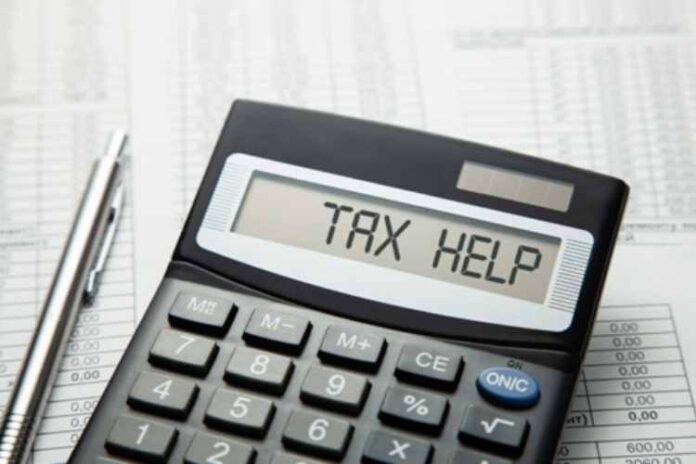Do you own a small business? Are you concerned you might get audited?
Getting audited as a small business owner can be stressful, as you need to provide copious amounts of paperwork that could be hard to compile in a short time period. Moreover, if you don’t file things properly, you may end up getting fined or paying more taxes than you should.
Revamping your filing process to increase efficiency and take measures to avoid tax problems can help you sidestep an audit. But, what are some things you can do to avoid an audit? Read on and we’ll break it down for you.
1. Failing to Report All of Your Income
If you don’t report all of your income and the IRS audits you, they will require you to pay business taxes on the income you failed to report. They may also impose penalties and interest. To avoid a tax audit failure, make sure to report all of your income, whether it’s from a job, investments, gambling, or other sources.
This can be a problem if you have income from multiple sources, such as freelance work, investments, or rental property. To avoid this problem, make sure you keep track of all of your income and report it on your tax return.
2. Claiming Too Many Deductions
If you are claiming too many deductions on your taxes, it is likely that you will be audited by the IRS. There are a few things to look for to avoid an audit claim.
First, be sure that you have receipts for all of your deductions. Second, make sure that your deductions are reasonable.
For example, if you are claiming a deduction for a new car, the car should not be worth more than a few thousand dollars. Third, do not claim deductions for items that you have not actually purchased. Finally, if you are ever in doubt about whether or not you should claim a deduction, it is best to consult with a tax advisor such as Silver Tax Group.
3. Filing Electronically
This will help ensure that all of your tax record information is accurate and up-to-date. Additionally, be sure to keep track of all of your deductions and take advantage of any tax breaks you may be eligible for.
Finally, if you have any questions or concerns, be sure to speak with a tax professional to help ensure that you are filing correctly. By following these tips, you can help minimize your chances of being audited by the IRS.
Common Tax Problems That Can Trigger an Audit
If you want to avoid an audit, be careful of these common tax problems: failing to report all of your income, taking improper or too many deductions, and not keeping good records. By taking care of your taxes, you can minimize your chances of being audited.
Found this article useful? If so, check the rest of our blog for more!




